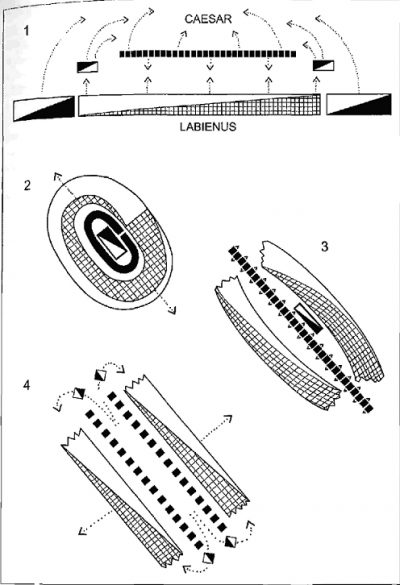Well, I counter that your problem lies in underestimating the common soldier

. If I'm in the first line fighting hand to hand, or the second or third line, yeah, I'll be focusing fully on what's in front of me, lest I get stabbed while looking away. But everyone else will occasionally glance left and right, and if I were at the sides and saw an enemy coming at me, order or not, I'm going to turn and face them before they hit me if I'm not engaged at the front/not about to be engaged. And that's assuming the local commander is brain dead and doesn't order his men to move.
Correct me if I'm wrong, but isn't PTSD a condition you get after the battle, not during?
Sure, when you're suddenly being flanked you'll be scared wubless and try to run. But if you see the enemy coming, even if they are two or three minutes march away, much of the 'surprise' factor is gone. Not to mention if you are engaged and you hear the roar of your own reserves' counter charge, you won't be believing that all is lost.










 Reply With Quote
Reply With Quote




















